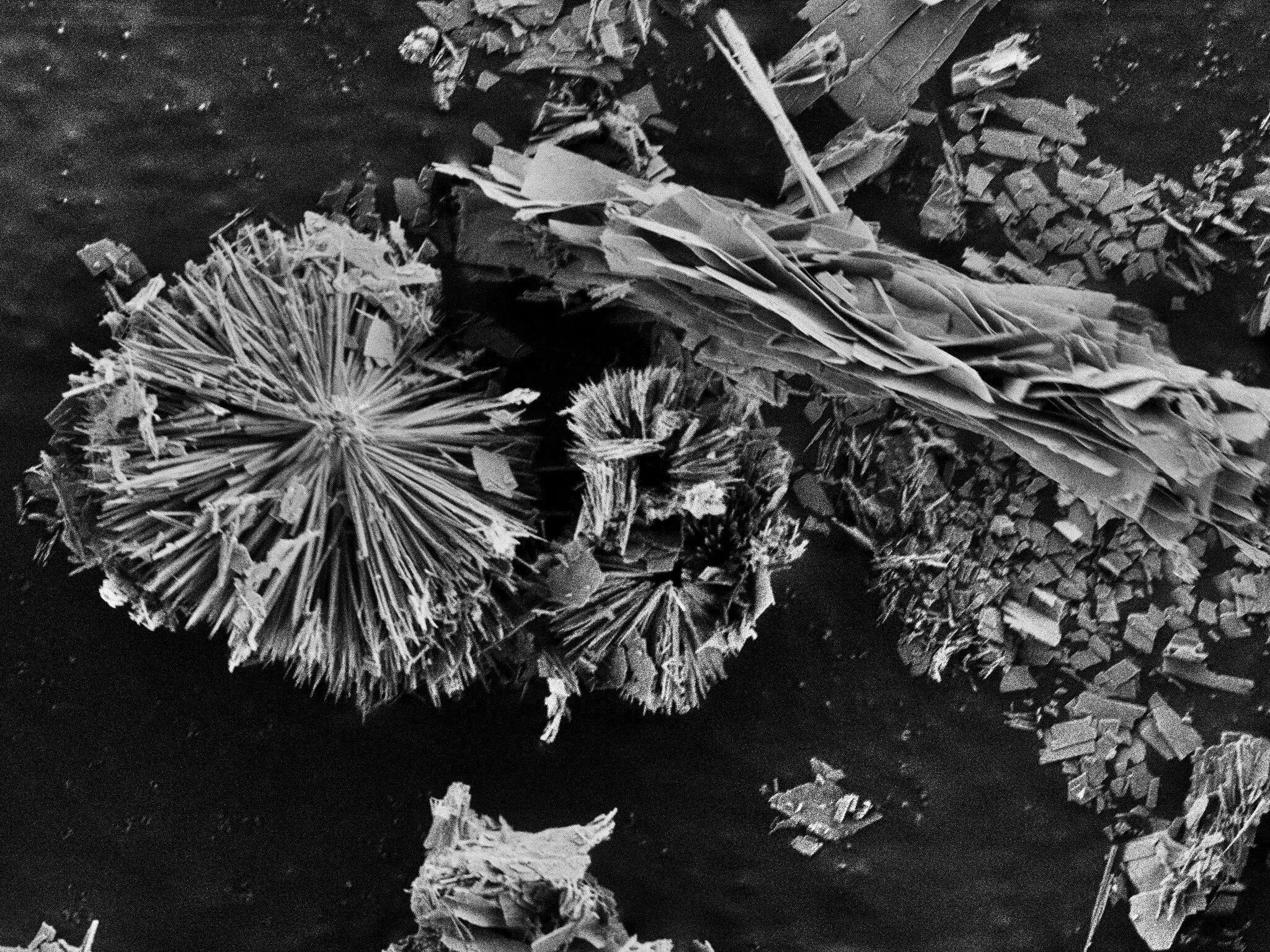The use of MXenes as catalysts for the oxygen evolution reaction in electrolytic water splitting has opened up new possibilities in the field of green hydrogen production. The recent study led by HZB chemist Michelle Browne has demonstrated the superior stability and efficiency of MXene catalysts compared to traditional metal oxide catalysts.
Electrolytic water splitting is a key process for producing green hydrogen, which is seen as a vital energy storage solution for the future. However, the oxygen evolution reaction (OER) is a limiting factor in this process, requiring special catalysts to facilitate the reaction. Traditional nickel oxide catalysts, while inexpensive, suffer from corrosion and poor conductivity, hindering the development of efficient and cost-effective electrolyzers.
MXenes, a new class of materials consisting of layered combinations of metals like titanium or vanadium with carbon and/or nitrogen, offer a promising alternative to conventional catalysts. The internal surface area of MXenes provides a unique opportunity for enhancing catalytic activity and stability. By chemically functionalizing MXenes with copper and cobalt hydroxides, researchers were able to significantly improve the efficiency of the catalysts, with no degradation observed during continuous operation.
Advanced characterization techniques, such as scanning electron microscopy (SEM/TEM), X-ray diffraction (XRD), and X-ray photoelectron spectroscopy (XPS), have provided valuable insights into the structural and chemical properties of MXene catalysts. Studies conducted at the BESSY II X-ray source revealed the unique surface characteristics of MXenes that contribute to their enhanced catalytic performance.
The research team, in collaboration with partner institutions, aims to further explore the potential of MXene catalysts through chemical variations and testing in conventional electrolyzers. By continuing to optimize the properties of MXene catalysts, there is a possibility of developing efficient and cost-effective systems for green hydrogen production.
The study highlights the promising role of MXene catalysts in advancing the field of electrolytic water splitting for sustainable energy production. With ongoing research and development efforts, MXenes have the potential to revolutionize the way we generate and store green hydrogen, contributing to a cleaner and more sustainable future.


Leave a Reply